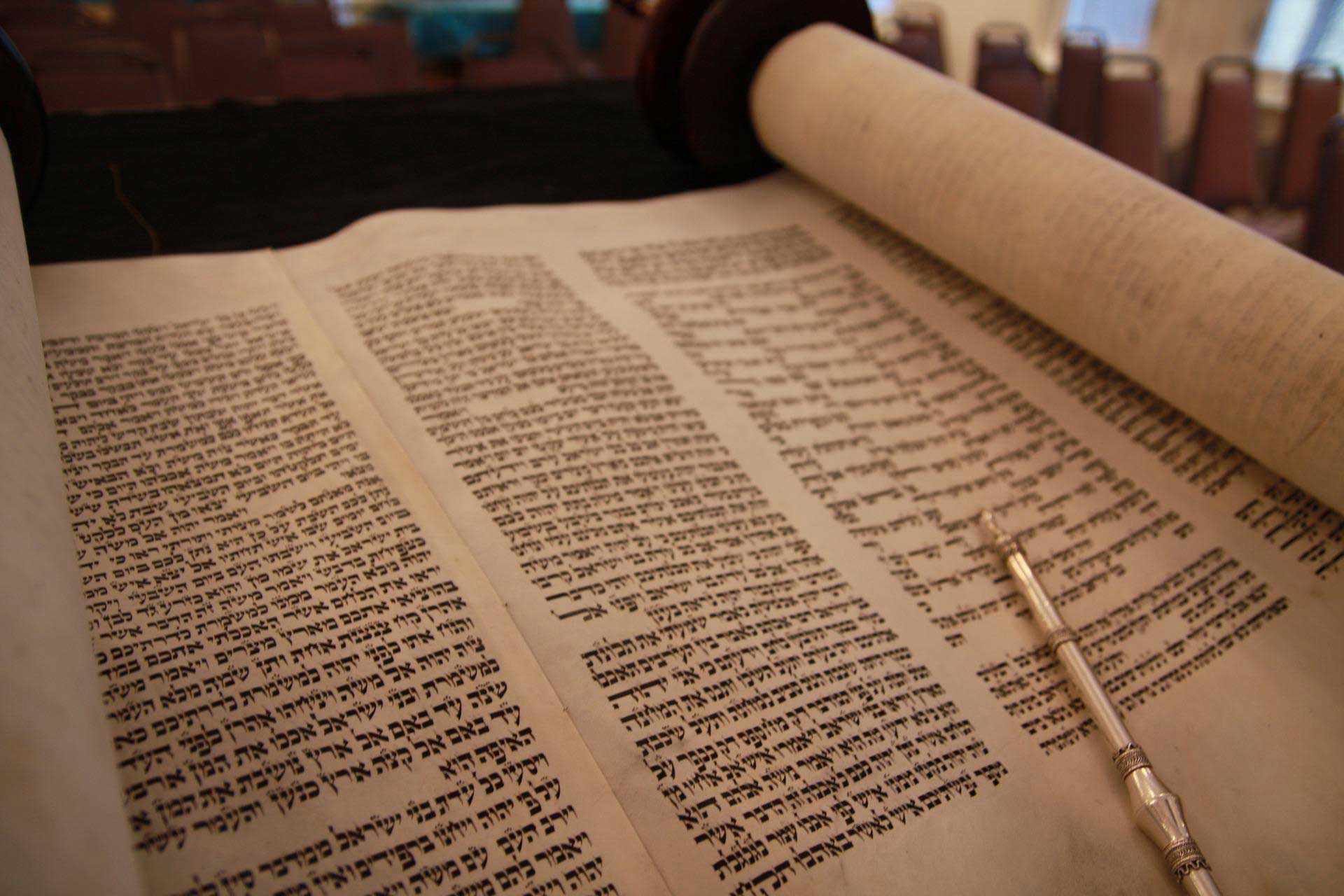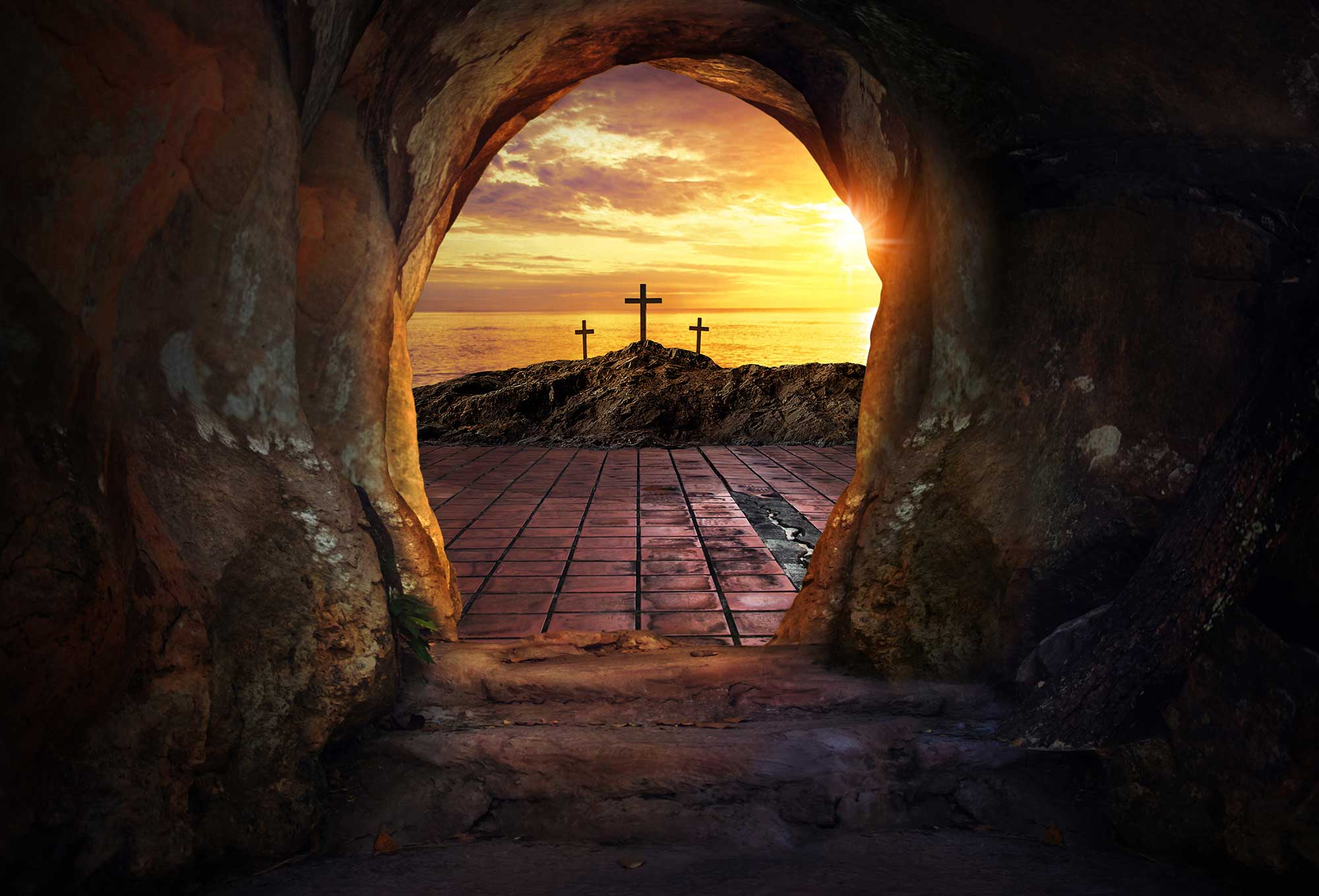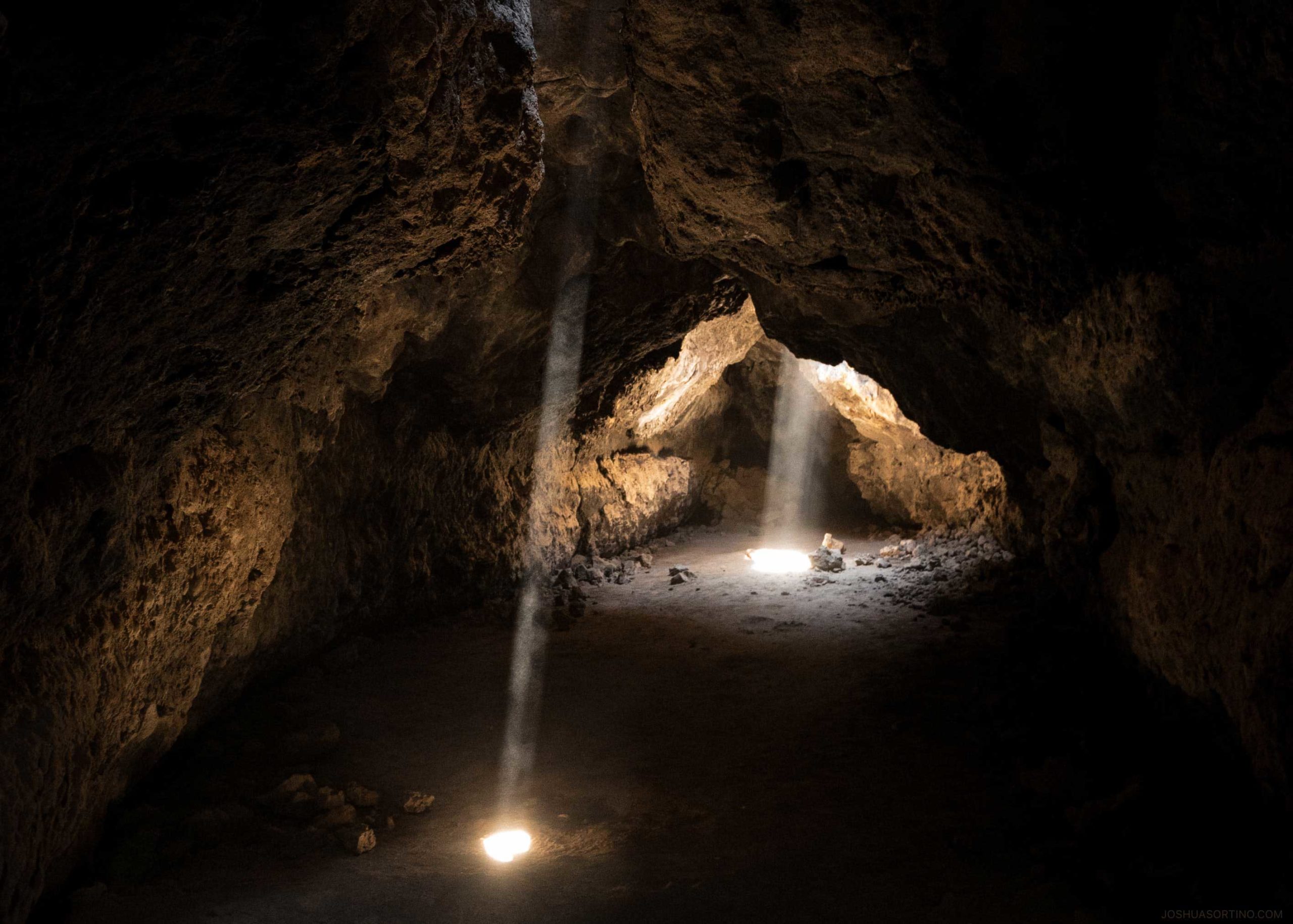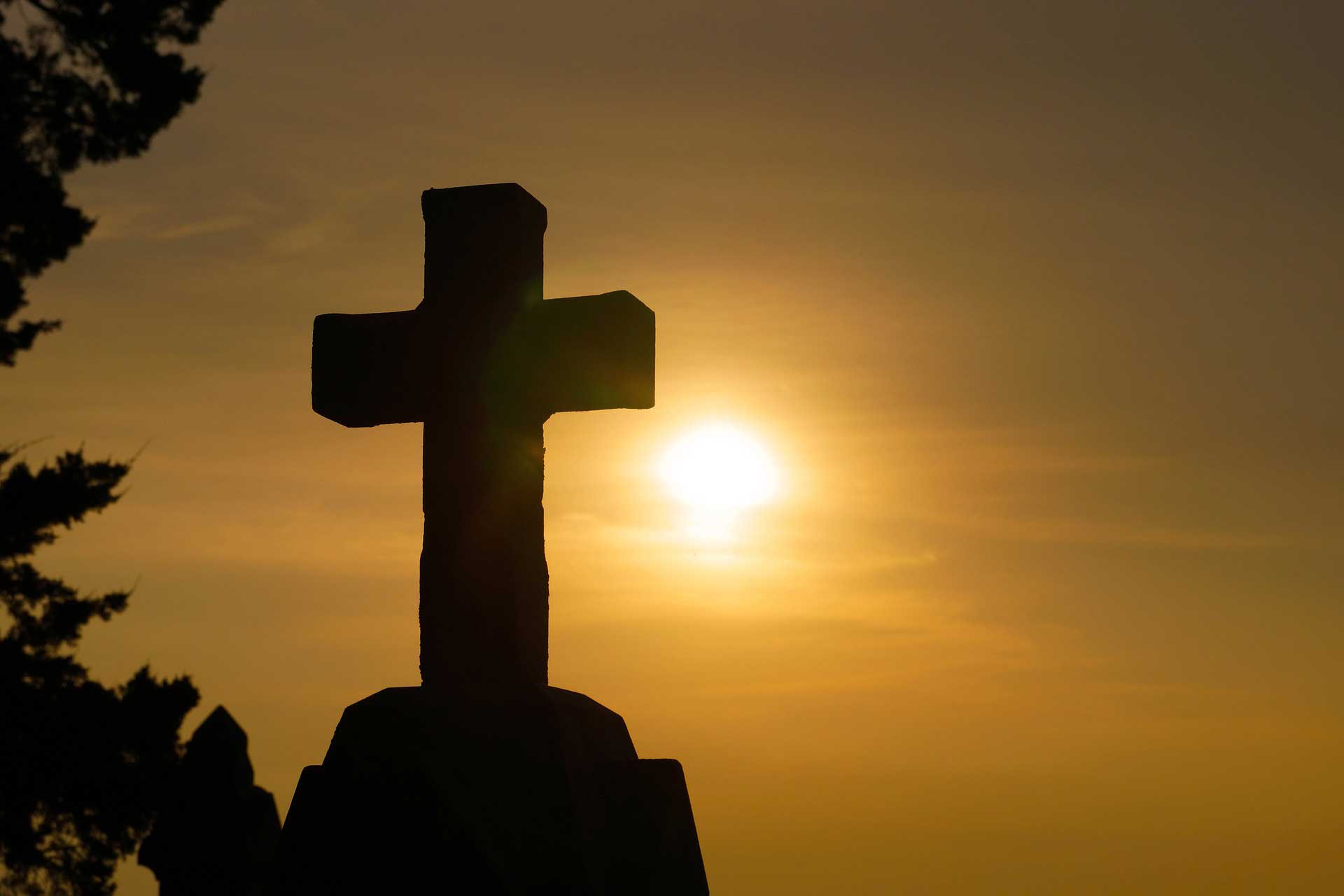
SYMBOL OF THE SUN-
Part 12
“Throughout history many ancient cultures worshipped the sun.
Light and heat were essential elements to cultures dependent on agriculture.
As a result, the great force of the sun became the object of their worship.
Sun worship began in Babylon with the god Shamash and spread to Egypt (Ra), Assyria (Baal), Persia (Mithra) and Canaan (Moloch).
Over time sun worship spread to Greece, the Aztecs, the Incas of Peru, Japan, India and the empire of Rome.
The sun and its life-giving rays became a universal religious symbol.
This symbol can be seen in the art and architecture of virtually every ancient civilisation of the world.
By the time of pagan Rome, sun worship was typically conducted on the first day of the week.
While the Hebrews simply numbered the days of the week (except for the seventh-day which was called the Sabbath), the pagan religions named the days according to their planetary gods.
The first day of the week became “Sun-day” since the sun was the greatest of all stars and planets.
GOD WAS VERY CLEAR IN HIS OPPOSITION TO FALSE WORSHIP:
“Who has gone and served other gods and worshiped them, either the sun or moon or any of the host of heaven, which I have not commanded” (Deuteronomy 17:3).
In the early church there was a clear distinction between God’s people and the surrounding pagan nations.
Those who followed the Creator God worshipped Him on the seventh-day Sabbath, honouring their Creator.
The pagans worshipped on the first day of the week, honouring that which was created – the sun.
In the book The Da Vinci Code, Sir Leigh Teabing makes an interesting observation:
“Even Christianity’s weekly holy day was stolen from the pagans … Originally … Christianity honoured the Jewish Sabbath of Saturday, but Constantine shifted it to coincide with the pagan’s veneration day of the sun…To this day, most churchgoers attend services on Sunday morning with no idea that they are there on account of the pagan sun god’s weekly tribute – Sunday” (pp314,315).
Is Leigh Teabing correct in his view of history? Did the Sabbath change from Saturday to Sunday?
If so, who made the change and when was it accomplished?
Should Christians keep Sunday in honour of the resurrection?
Is it possible that Christians today are honouring the sun god instead of the Son of God?
In this study guide you will discover the amazing secrets behind one of the greatest deceptions and cover-ups throughout history – the change of the Sabbath.

Q1 – ACCORDING TO THE BIBLE WHICH DAY IS THE “LORD’S DAY”?
…..but the seventh day is the Sabbath of the Lord your God. Exodus 20.10
Therefore the Son of Man is also Lord of the Sabbath” Mark 2.28
According to the last book of the Bible the Lord has a special day (Revelation 1:10).
This day has been blessed and made holy.
In both the Old and New Testaments the Lord’s Day is the Sabbath.
Not once does the Bible refer to Sunday as the Lord’s Day – it is just another work day within the week.

Q2 – DOES THE BIBLE INDICATE THAT SUNDAY IS THE NEW WORSHIP DAY FOR CHRISTIANS?
….The underlying principle throughout this “Secrets of Prophecy” study series is a commitment to base every belief on one thing, and one thing alone – the Word of God. In the entire Bible there are just nine references to the first day of the week. You will now be able to examine every passage to see for yourself what the Bible says about Sunday.
God called the light Day, and the darkness He called Night. So the evening and the morning were the first day. Genesis 1.5

Genesis provides the historical record of God creating the world.
God worked on the first six days of the week and then rested on the seventh day (Genesis 2:2).
The days of Creation point out where and how the seventh day was established as the Sabbath.
THE RESURRECTION OF JESUS
Now after the Sabbath, as the first day of the week began to dawn, Mary Magdalene and the other Mary came to see the tomb. Matthew 28.1
Now when the Sabbath was past, Mary Magdalene, Mary the mother of James, and Salome bought spices, that they might come and anoint Him. Very early in the morning, on the first day of the week, they came to the tomb when the sun had risen. Mark 16.1,2
Now when He rose early on the first day of the week, He appeared first to Mary Magdalene, out of whom He had cast seven demons.Mark 16.9.
Now on the first day of the week, very early in the morning, they, and certain other women with them, came to the tomb bringing the spices which they had prepared. Luke 24.1
Now the first day of the week Mary Magdalene went to the tomb early, while it was still dark, and saw that the stone had been taken away from the tomb. John 20.1

These five references to the first day of the week provide a historical account of the resurrection of Jesus.
Not one of them indicates that Sunday was or would become a holy day.
Other points of interest from these texts include:
• The first day of the week is the day after the Sabbath therefore Sunday could not possibly be the Sabbath of the Bible (Matthew 28:1, Mark 16:1,2).
• The women came to do some work on Sunday that they were not prepared to do on the Sabbath (Mark 16:1,2, Luke 23:56, 24:1).
• The book of John, which was written over 60 years after the resurrection, does not even hint at a change in the day of worship.
The first day is not referred to as “The Lord’s Day” or the “New Sabbath”.
Jesus rested in the tomb on the Sabbath and rose again on the first working day of the week – Sunday.
THE FRIGHTENED DISCIPLES
John 20:19 – Then, the same day at evening, being the first day of the week, when the doors were shut where the disciples were assembled, for fear of the Jews, Jesus came and stood in the midst, and said to them, “Peace be with you.”
The group of discouraged disciples huddled together in a room because they were scared of the Jews, not for a worship service!
They had witnessed the crucifixion of Jesus and they were fearful of suffering the same fate.
The disciples did not even believe Jesus had risen from the dead (Mark 16:14) so they certainly were not holding a worship service in honour of the risen Christ.


THE PREACHING OF PAUL
Acts 20.7,8 – Now on the first day of the week, when the disciples came together to break bread, Paul, ready to depart the next day, spoke to them and continued his message until midnight. There were many lamps in the upper room where they were gathered together.
Here we find Paul preaching a very long sermon.
As a travelling evangelist Paul preached on most days of the week.
On this occasion he was preaching at night on the first day of the week.
According to the Bible, a day begins and ends at sunset (Genesis 1:5, Leviticus 23:32) with the dark part of the day coming first.
Thus Paul was preaching Saturday night. He continued preaching until midnight.
On the next morning (Sunday), Paul walked nearly 30 kilometres from Troas to catch his boat at Assos.
He certainly didn’t treat the day as a rest day or day of worship.
Some Christians believe that because the church “broke bread” on the first day, Sunday must be a holy day.
The reality is that Jesus “broke bread” on Thursday night, just prior to His crucifixion.
The early church also “broke bread” on a daily basis as they moved from house to house (Acts 2:46).
Once again there is no evidence in this text to say that Sunday had replaced the Sabbath or had become the new day of worship.
PERSONAL DONATIONS TO THE CHURCH
1 Corinthians 16.1,2 – Now concerning the collection for the saints, as I have given orders to the churches of Galatia, so you must do also: On the first day of the week let each one of you lay something aside, storing up as he may prosper, that there be no collections when I come.
This request by Paul to budget and put aside goods (most likely food and clothing for those suffering in Jerusalem) on the Sunday does not refer to an offering in a worship service.
This is a collection for the saints not of the saints!
This letter was probably read to the church on the Sabbath and the first possible time they could fulfil Paul’s request would have been after the Sabbath, on the next day, Sunday.
He was simply asking the church to get everything organised by working on the Sunday so he didn’t need to worry about that issue whenever he arrived in Corinth.
He was simply asking the church to get everything organised by working on the Sunday so he didn’t need to worry about that issue whenever he arrived in Corinth.
In the nine passages of the Bible that refer to Sunday, none of them mention a change of the Sabbath.
None of them say Sunday is a holy day or offer the promise of a blessing for keeping it.
None of them forbid work on that day and none of them mention that anyone in the Bible was keeping that day in place of the Sabbath.
It is clear that there is no evidence from the Bible that Sunday is anything other than a work day.
Any Christian who attempts to keep Sunday holy and disregards the Sabbath does so without any Scriptural authority.

Q3 – IN THE SCRIPTURES, WHAT MEMORIAL SYMBOLISES THE DEATH, BURIAL AND RESURRECTION OF JESUS?
Or do you not know that as many of us as were baptised into Christ Jesus were baptised into His death? Therefore we were buried with Him through baptism into death, that just as Christ was raised from the dead by the glory of the Father, even so we also should walk in newness of life. Romans 6.3,4
There is a common thought that Sunday worship was instituted to commemorate the resurrection of Christ.
From a biblical perspective, baptism is the Christian experience that honours the resurrection.
When we are baptised this symbolises a parallel between our new Christian life and the death, burial and resurrection of Jesus.
There is not one place in the Bible which indicates that any day has become holy as a result of the resurrection of Jesus..

Q4 – WAS THE SABBATH ABOLISHED IN THE NEW TESTAMENT?
For He has spoken in a certain place of the seventh day in this way: “And God rested on the seventh day from all His works”; There remains therefore a rest for the people of God. Hebrews 4.4,9

The Sabbath is the perfect symbol of a trust relationship with Jesus.
The Sabbath is a rest from our works. It is worship that honours God and demonstrates our love for Him.
The word “rest” in verse 9 is the Greek word “sabbatismos”.
It literally means “Sabbath rest”.
The Bible is clear – there remains a Sabbath rest for the New Testament Christian.
Q5 -DID THE APOSTLES AND EARLY CHURCH KEEP THE SABBATH?
Then Paul, as his custom was, went in to them, and for three Sabbaths reasoned with them from the Scriptures, Acts 17.1-4 (v2)
And he reasoned in the synagogue every Sabbath and persuaded both Jews and Greeks. Acts 18.4
Paul and the apostles chose to keep every seventh-day Sabbath as their worship day.
This was the day they spent preaching to both Jews and Gentiles.
Almost 15 years after the resurrection of Christ, the book of Acts records over 80 Sabbaths observed by the apostles.
Acts 16:13 – And on the Sabbath day we went out of the city to the riverside, where prayer was customarily made; and we sat down and spoke to the women who met there.
The apostles went into nature on the Sabbath, a perfect environment for worship and sharing the gospel.
Evidently, this was a location where the women often gathered on the Sabbath to pray and spend quality time with God.

Q6 – HOW DID THE CHRISTIAN DAY OF WORSHIP CHANGE FROM SABBATH TO SUNDAY?

Throughout the lifetime of the apostles and the New Testament writings there is no evidence of Sunday keeping within the church.
The early church faithfully kept the seventh-day Sabbath but Paul had warned there would be a great “falling away” of truth in the church (2 Thessalonians 2:3).
The church would allow a number of corruptions into it as it moved further away from the life and teachings of Jesus Christ.
The process towards Sunday took many centuries and began with a yearly celebration of the resurrection day, Sunday.
Over time, the church in Rome encouraged this celebration to become weekly rather than just an annual event.
By the middle of the second century a number of Christians were keeping two days – the Sabbath was a day of rest and fasting while Sunday became a religious day of festival.

Over time, the religious leaders attempted to distance themselves from the Jews (who were seen as trouble makers and the race who rejected and crucified Christ).
So Sunday became more prominent and the Sabbath became less prominent.
The first day of the week was also a day of celebration to the secular pagans in Rome – a festival in honour of the great sun-god.
Any move towards Sunday would certainly have been a wise political move.
It was the Roman Emperor Constantine, who in 321AD first passed a law to put Sunday above the Bible Sabbath.
“On the venerable Day of the Sun let the magistrates and people residing in cities rest, and let all workshops be closed.” Codex Justinianus, book 3, title 12,3; trans. in Schaff, History of the Christian Church, Vol.3, 5th edition, p380
This was confirmed in the middle of the fourth century by the church at the council of Laodicea. Here they officially claimed to transfer the blessing and holiness of the Sabbath to Sunday.
“Christians shall not Judaize and be idle on Saturday, but shall work on that day; but the Lord’s day they shall especially honor, and, as being Christians, shall,if possible, do no work on that day. If, however, they are found Judaizing, they shall be shut out from Christ.” Charles Joseph Hefele, A History of the Christian Councils, Vol.2,p316

This resulted in unity between the pagans and the Christians in their day of worship.
The Christians had compromised by worshipping on the day devoted to the sun-god, instead of the day devoted to the Son of God.
“As a solar festival, Sunday was the sacred day of Mithra; and it is interesting to notice that since Mithra was addressed as Dominus, ‘Lord,’ Sunday must have been the ‘Lord’s Day’ long before the Christian times.” A.Weigall, The Paganism in Our Christianity, p145
The Catholic Church claims to have changed the Sabbath and perceive their ability to do so as a mark of their authority over the religious world.
The Catholic Catechism of Catholic Doctrine says:
Question: Which is the Sabbath day?
Answer: Saturday is the Sabbath day.
Question: Why do we observe Sunday instead of Saturday?
Answer: We observe Sunday instead of Saturday because the Catholic Church, in the Council of Laodicea, transferred the solemnity from Saturday to Sunday.
(Peter Geiermann, The Convert’s Catechism of Catholic Doctrine (1957 edition), p50)

Notice these statements by Roman Catholic leaders,
“You may read the Bible from Genesis to Revelation, and you will not find a single line authorizing the sanctification of Sunday.
The Scriptures enforce the religious observance of Saturday, a day which we never sanctify.”
Cardinal Gibbons, The Faith of Our Fathers, p89.
“It was the Catholic Church which, by the authority of Jesus Christ, has transferred this rest to Sunday in remembrance of the resurrection of our Lord.
Thus the observance of Sunday by the Protestants is an homage they pay, in spite of themselves, to the authority of the (Roman Catholic) Church.”
Msgr: Louis Gaston de Segur, Plain Talk about Protestantism of Today, p225.
It is clear that the Christian world has accepted the authority of human beings within the church over the Bible Scriptures.
Most Christians today are unaware of this great counterfeit and God does not hold them responsible for what they do not know.
However, when someone discovers the truth, that person needs to immediately put away the errors and old habits and follow the Lord in love and obedience.
Q7 -IF SUNDAY IS NOT PART OF THE SCRIPTURES, WHAT DOES IT SYMBOLISE?
And in vain they worship Me, Teaching as doctrines the commandments of men.’
Sunday observance is not just a symbol of pagan worship. It is also a symbol of tradition.
Tradition should never be placed above the Bible or God’s Commandments.
Sunday is purely a tradition and a commandment of man – it has no authority or role in Christian worship.

Q8 – WHAT DOES GOD THINK ABOUT RELIGIOUS LEADERS WHO IGNORE THE SABBATH?
Her priests have violated My law and profaned My holy things; they have not distinguished between the holy and unholy, nor have they made known the difference between the unclean and the clean; and they have hidden their eyes from My Sabbaths so that I am profaned among them. Ezekiel 22.26

One of the major reasons why Sunday keeping has become a tradition is because some of the ministers and religious leaders have closed their eyes to the plain teachings of the Bible.
To discard Sunday and keep the Sabbath is a life-changing step, especially for a religious leader.
God will, however, hold these leaders responsible for disregarding His Sabbath.
Q9 – WHAT IS THE PRIMARY REASON FOR KEEPING THE SABBATH OF THE BIBLE?
If you love me KEEP my commandments. John 14.15
Any obedience that is not motivated by love for Jesus is a worthless form of worship.
Jesus wants you to love Him with all of your heart and obey Him in acts of worship that bring honour to Him.
Jesus showed His love for you by dying on Calvary.
You can demonstrate your love to Him through worship, loyalty and obedience.
Are you willing to keep God’s Commandments?
Why not choose today to have a personal love relationship with Jesus and spend time getting to know Him better through keeping God’s true Sabbath.

Three points to remember:
•There is not one text in the Bible which supports Sunday as a holy day
••The Roman Catholic church claims to have changed the Sabbath to Sunday
•••Sunday worship symbolises obedience to man over God
The Story:
Sisi met Carlos while handing out Christian magazines near a train station in Brisbane, Australia.
As they began to chat, the subject of the Sabbath arose.
Carlos went to church each Sunday, so the thought of keeping Saturday instead of Sunday was most intriguing.
Sisi opened her Bible and outlined the Sabbath very clearly.
She showed Carlos how God was the first Sabbath keeper at Creation.
She showed him how the prophets had instructed God’s people throughout the centuries to keep the Sabbath.
She reviewed the beautiful example of Jesus and the early church keeping the Sabbath.
And finally she pointed out to Carlos that the Sabbath will be kept in the new earth.
As Carlos went through each text of Scripture, Sisi noticed tears coming down his face. She sensed that the Holy Spirit was convincing him to step out and lovingly obey Jesus so she asked him a question.
“Carlos, why don’t you join me in keeping the same seventh- day Saturday Sabbath that Jesus kept?”
To her great surprise he looked at her with tears in his eyes and paused.
He then said, “I can see the Bible is clear regarding the Sabbath but I can feel the Holy Spirit telling me inside to keep Sunday.”
Tragically, Carlos had made his choice.
He walked away.
How does this story impact you?
What are your thoughts between Saturday and Sunday?
How can we help you in your journey?

Relational questions
1. Why do you think so many Christians are unaware of the facts presented in this lesson?
2. Do you think it is a difficult thing to change your day of worship? Why or why not?
3. How can you present this truth to others without sounding like you are judging them?
Your response:
Can you see that keeping Sunday is a commandment of man and not from God?
What is your plan to honour God through keeping the true seventh-day Sabbath of the Bible?
